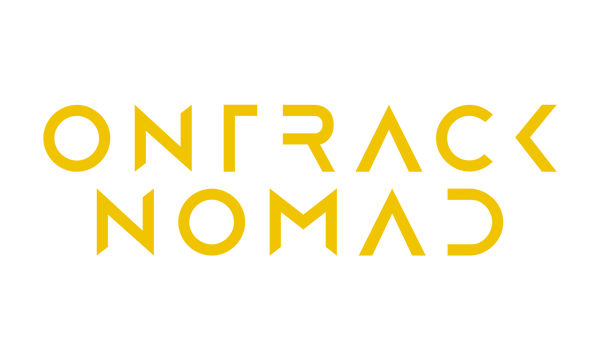Work is a ubiquitous term, interspersed within our daily conversations and fixed firmly in the lexicon of human experience. However, the sheer ordinariness of the word doesn't detract from its multitude of interpretations. A simple dictionary definition of work is a task or series of tasks done regularly in exchange for money. Yet, defining 'work' by a sole financial focus seems reductive.
For many, work intertwines with their identity, integral to who they are. For some, it's an avenue for expression, a conduit through which they communicate their skills, passion, and innovations. From a sociological perspective, work is an axis around which societies orbit and economies function. This article aims to delve into the profundity of 'work' and offer a broader, more nuanced perspective on the related concepts.
In the term's etymology, 'work' originates from the Old English 'weorc', meaning "something done." It subtly but effectively underscores work's quintessential nature – activity. Humans are beings of action; we are evolutionarily wired to be productive. In this context, work serves our innate longing for purpose and fulfillment, fostering a sense of value and achievement.
Psychologists like Abraham Maslow and Frederick Herzberg have discussed the psychological aspect of work. Work meets the need for self-esteem and self-actualization, described in Maslow's hierarchy of needs. Herzberg's two-factor theory underscores the interplay between work and job satisfaction, necessitating positive motivation and proper working conditions.
Work is a powerful tool for personal development. Whether honing specific skills, exercising creativity, or enhancing our problem-solving abilities, work catalyzes growth and builds our potential. It also functions as a societal adhesive, fostering team collaboration, relationship building, and a shared sense of accomplishment.
On the macro level, work fuels economies and propels societal progress. It forms the backbone for generating income, fostering economic security, and establishing living standards. Furthermore, work is directly related to a nation's GDP or Gross Domestic Product, an essential parameter depicting a nation's economic health.
Yet, work in the modern context constitutes more than just labor for economic output. It echoes Aldous Huxley's sentiment, "Work is more fun than fun," manifesting as a pursuit of passion, a mode of self-expression, and a source of satisfaction. The rise of the 'gig economy' and the diversity in the job market illustrate this evolution in the work concept, shifting from a traditional limited definition to one that encapsulates passion, flexibility, and individuality.
Narrowing work down to a simple labor act in exchange for income is a restrictive view. Work, in its actual essence, is multifaceted - it is a means of self-discovery, a tool for personal and societal growth. It is an activity that brings purpose and joy, challenges our capabilities, and tests our perseverance. It symbolizes human resilience, ambition, and the desire to create an impact.
The discourse around work raises intriguing questions about the future. Will the nature of work change as technology advances? How will work-life balance morph and adapt in an increasingly digital world? As we ponder these questions, let's also celebrate the purpose, diversity, and evolution of the term' work,' applauding its transformative power and enduring influence on human life.
The word 'work' reaches far beyond the four-letter abbreviation, knitting into the fabric that binds human society and functioning as a cornerstone of our lives, both at the individual and communal level. This very diversity works as enigmatic as it is elemental.

